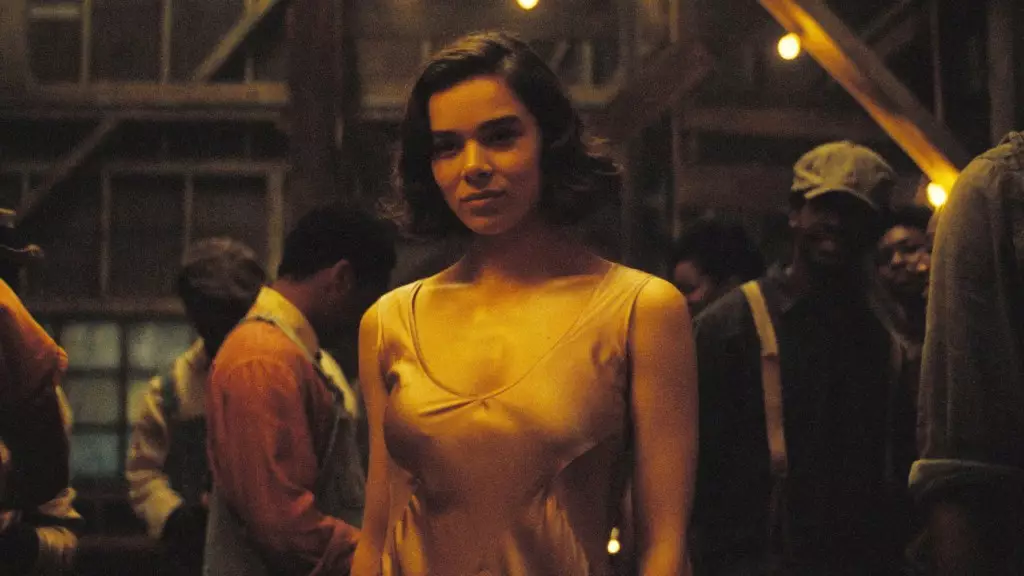In her latest cinematic endeavor, Hailee Steinfeld dives headfirst into the murky waters of identity and cultural heritage as she embodies Mary, a multi-racial vampire in Ryan Coogler’s forthcoming film, *Sinners*. Scheduled for release on April 18, this character is not merely a reflection of the undead; she resonates with real-life complexities around race, ancestry, and personal connections. Steinfeld’s openness about her relationship with Mary indicates that her portrayal is imbued with authentic emotional weight, which adds layers of nuance to the traditional horror narrative.
Steinfeld’s delicate balance of personal narrative and fictional storytelling stands out. By articulating her relationship with her own mixed heritage, specifically being part-Black and part-Filipino, she brings authenticity to a role that transcends mere entertainment, inviting audiences to grapple with broader themes of belonging and identity. The choice to cast a multi-racial actress in such a pivotal role is a point of discussion, presenting a contemporary twist on the vampire mythos that often leans toward characters with more homogeneous backgrounds.
Bridging the Gap of Generations
In discussing her experiences with the material, Steinfeld highlights a poignant connection to her family history, particularly her grandfather. This evocative thread weaves a rich tapestry, linking the past to the present and showcasing how personal history can inform and enrich artistic contributions. The absence of her grandfather evokes a longing that resonates throughout the film, suggesting that *Sinners* is not just a horror piece; it serves as a means for both Steinfeld and viewers to confront questions of heritage and the legacies of those who came before us.
This intertwining of personal narrative with cinematic storytelling underscores the importance of representation in media. When artists like Steinfeld share their genuine reflections on identity, it contributes to an inclusive dialogue that emphasizes the significance of diverse backgrounds in film. The dialogues present in *Sinners* facilitate a deeper understanding of culture and connection, bridging generational gaps that can often remain unexamined.
A Personal Vision from Ryan Coogler
Ryan Coogler, known for his sensitive storytelling, adds another layer of depth to *Sinners* by infusing the film with his own familial experiences. His mention of a beloved uncle, whose legacy fuels the foundation of the movie’s narrative, creates a deeply personal connection that enhances the film’s emotional core. This move not only grounds the horror genre in realism but showcases how grief and remembrance can translate into artistic expression.
The intertwining of blues music—which serves almost as an emotional anchor in the film—further enriches the narrative experience. This musical element, taken from Coogler’s childhood experiences, is not merely an aesthetic choice; it symbolizes a cultural heritage that echoes through generations, much like the themes of the film. Coogler’s reflections reveal how art can serve as a channel for memory and connection, presenting a unique lens through which we can explore complex emotional landscapes.
In *Sinners*, both Steinfeld and Coogler invite audiences to embark on a journey of introspection and connection, ultimately transforming a horror narrative into an exploration of identity and legacy.

Leave a Reply